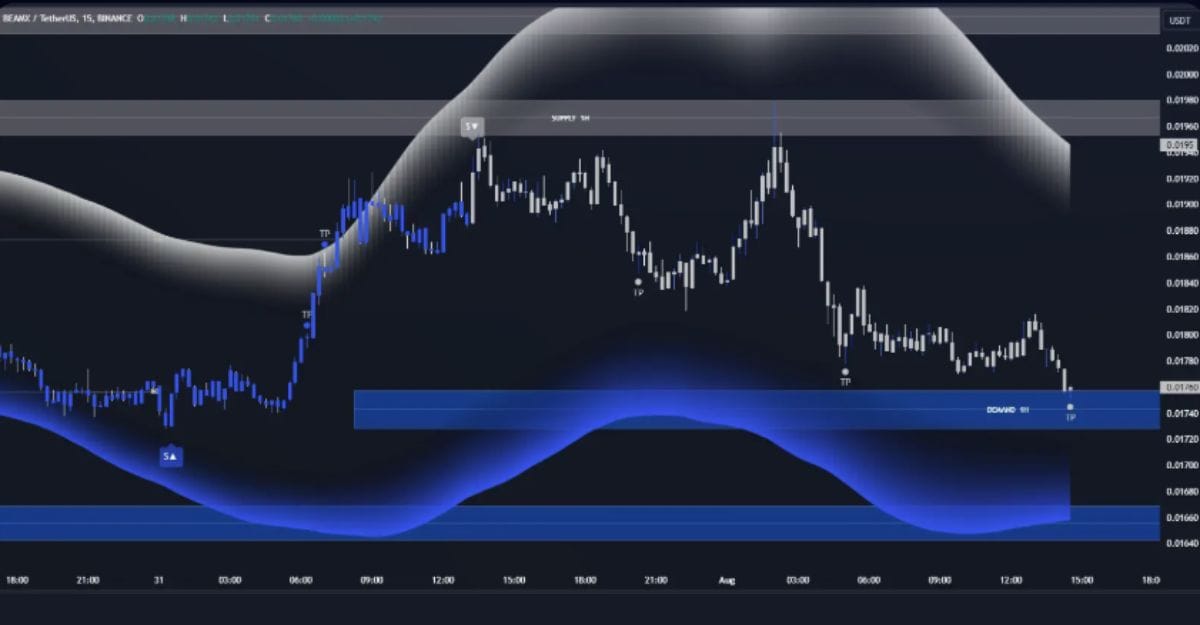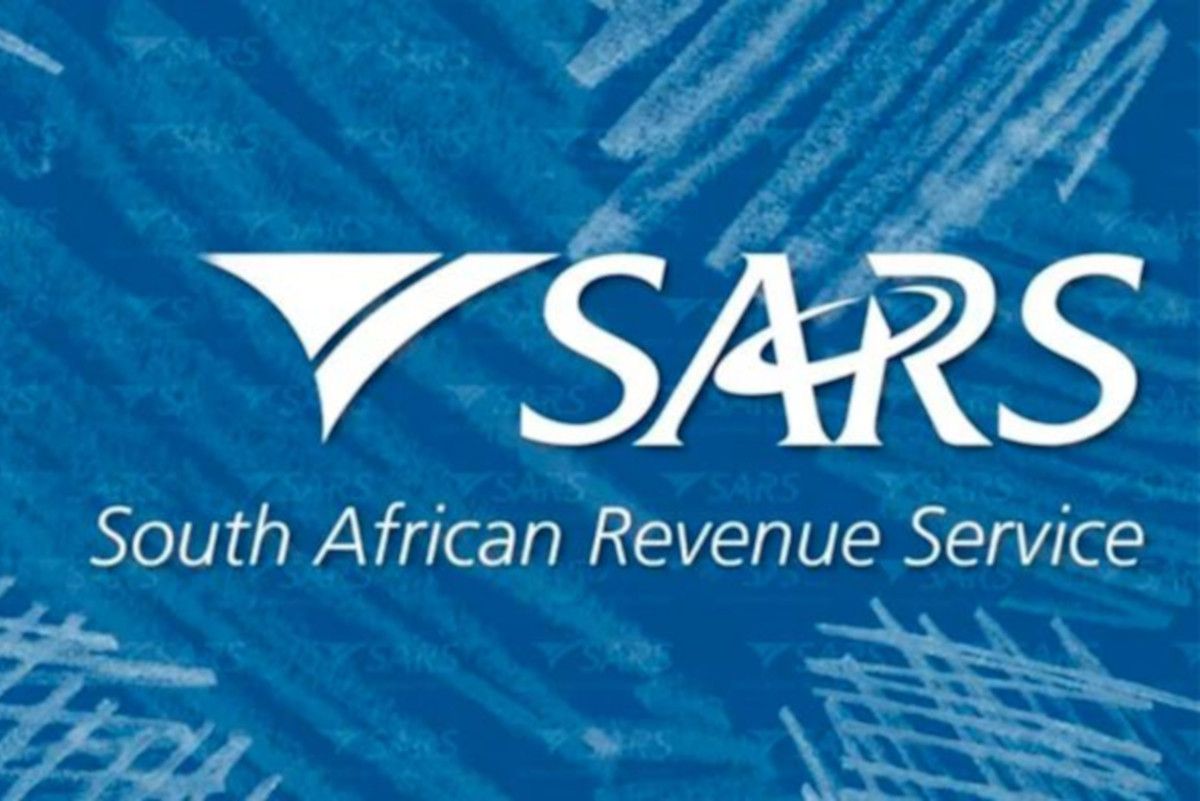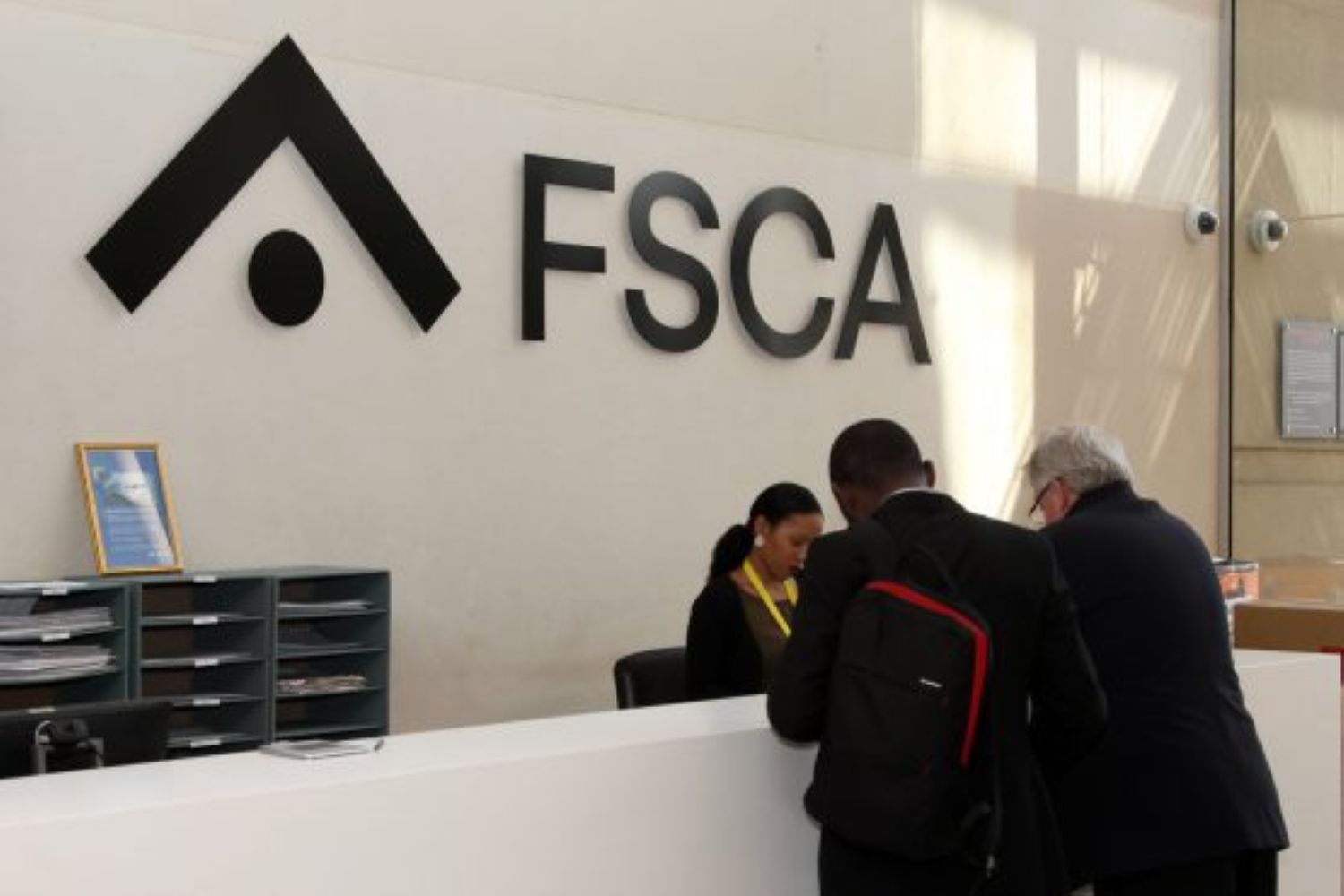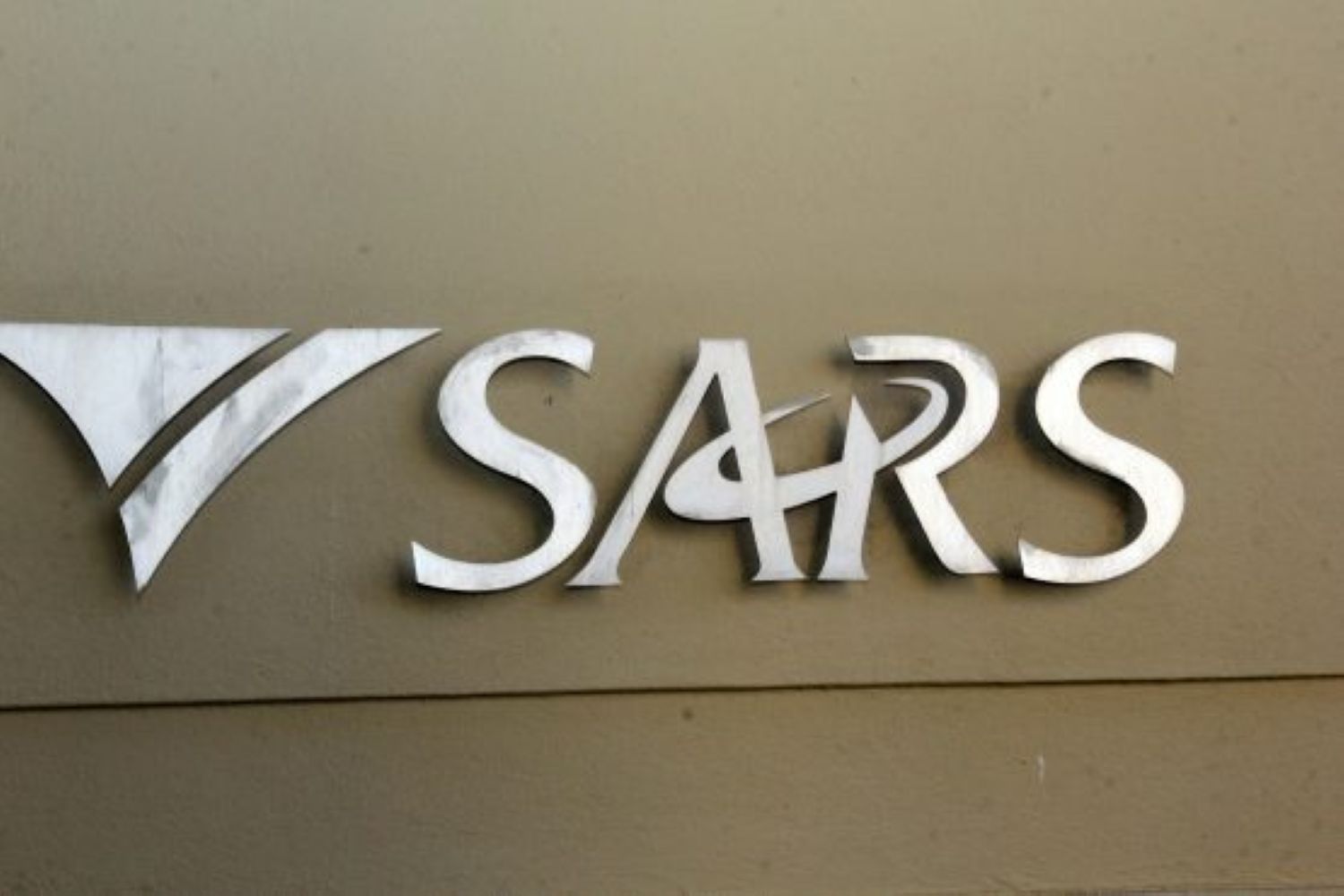Forex signals are a powerful tool used for forex trading by traders worldwide, yet their legality can often be shrouded…
Forex signals are a powerful tool used for forex trading by traders worldwide, yet their legality can often be shrouded in confusion. Whether you’re a novice investor looking to make a profit or a seasoned professional, understanding the legal landscape of forex signals is crucial. This article will demystify forex signals, explore their legality across different jurisdictions, and guide you on how to stay on the right side of the law when using them.
Defining Forex Signals
What Are Forex Trading Signals?
Forex trading signals are prompts or suggestions for entering a trade on a currency pair, typically at a specific price and time. Generated by either human analysts or automated systems, these free forex trading signals can help traders make informed decisions without constantly monitoring the market. Insights can be derived from various market conditions, technical analysis, or economic news, offering tailored advice to enhance trading strategies.
Forex signals often include additional details, such as the ideal stop-loss and take-profit levels, enhancing the accuracy and effectiveness of trade execution. The goal is to provide traders with actionable insights that align with their investment goals and risk appetite.
How Do Forex Signals Work?
Forex signals function by providing traders with actionable trade recommendations based on market analysis. These signals are typically disseminated via email, SMS, or specialized trading platforms and apps. They tap into a wealth of data, using either algorithmic models or expert analysis, to predict optimal times to buy or sell currency pairs.
There are generally two types of forex signal systems:
- Manual Signals: These are generated by experienced traders or analysts who interpret market data and trends. Traders rely on human intuition and expertise, often resulting in a more nuanced and adaptable approach to market fluctuations.
- Automated Signals: Also known as bots or algos, these rely on computer algorithms to analyze market situations and trends. They can quickly process vast amounts of data, offering frequent updates and eliminating emotional biases from trading decisions.
Each signal will typically include not only the currency pair to trade but also entry and exit points, which allow traders to implement risk management strategies effectively. Understanding this mechanism helps traders optimize their engagement with the vast forex market, tailoring it to their strategic needs.
The Legality of Forex Signals
Regulation Overview
The regulation of forex signals is a vital component of the broader regulatory landscape governing the forex market. Regulatory bodies across the globe, such as the Commodity Futures Trading Commission (CFTC) in the United States or the Financial Conduct Authority (FCA) in the United Kingdom, set standards to ensure fairness, transparency, and protection for traders.
Forex signals, while a subset of trading activities, must adhere to these standards to maintain legitimacy and trust. Regulations are designed to prevent fraudulent activities and ensure that signal providers operate with integrity and accountability. It’s crucial for traders to be aware of these regulations to avoid scams and to ensure compliance with legal requirements.
Different countries might have varying levels of regulatory rigor. In the U.S., for instance, signal providers may need to register with the CFTC and adhere to stringent guidelines, while other regions might have looser regulations. This regulatory diversity necessitates a comprehensive understanding of local laws to engage in forex trading ethically and legally.
Are Forex Signals Legal Across Different Countries?
The legality of forex signals varies significantly from one country to another, reflecting differences in regulatory frameworks and market perceptions. In some jurisdictions, forex signals are tightly regulated, requiring providers to register with financial authorities, while others might operate in a more loosely regulated environment.
South Africa:Forex signal services are legal as long as they comply with the regulations set by the Financial Sector Conduct Authority (FSCA) — South Africa’s financial regulator. If someone or a company provides forex signals with financial advice or portfolio management, they must be licensed as a Financial Services Provider (FSP) under the Financial Advisory and Intermediary Services (FAIS) Act and follow rules regarding marketing, client communication, and risk disclosure.
United States: Forex signal providers must comply with regulations set by the Commodity Futures Trading Commission (CFTC) and the National Futures Association (NFA). They must register as Commodity Trading Advisors if they offer advice on trading currency futures or options.
United Kingdom: The Financial Conduct Authority (FCA) requires signal providers to adhere to strict guidelines and be registered if they fall within the scope of financial promotions or investment advice.
European Union: The European Securities and Markets Authority (ESMA) imposes harmonized regulations across member states. Signal providers might need local approval depending on the services offered and how they are marketed.
Australia: The Australian Securities and Investments Commission (ASIC) regulates signal providers, ensuring they meet specific licensing requirements to offer financial advice.
Asia and Africa: In countries such as Japan and South Africa, regulations may differ, with some regions having less stringent controls over forex signals, making it critical for traders to understand local laws.
Understanding these discrepancies ensures traders can engage in forex trading legally and responsibly, avoiding potentially costly legal pitfalls. It’s essential for traders to verify the legitimacy of signal providers in their respective countries and ensure compliance with local laws.
Types of Forex Signals and Their Compliance
Manual vs. Automated Signals
When choosing between manual and automated forex signals, traders must consider the advantages and challenges of each to align with their trading goals and strategies.
Manual Signals: These are crafted by experienced traders or professionals who analyze market data and trends. The benefits of manual signals include the incorporation of human intuition and flexible adaptation to sudden market changes. However, they can be time-consuming and might not be as swift in processing large amounts of data as their automated counterparts.
Automated Signals: Generated by sophisticated algorithms, these signals can quickly analyze complex market information, providing real-time updates and consistency in trading decisions. This eliminates emotional biases, allowing for more disciplined trading. But, the downside is that automated systems may not account for unexpected market events that a seasoned human analyst might consider, leading to potential blind spots.
Choosing between these types often boils down to your preference for human intuition or data-driven precision. Consider factors like your trading style, the level of market engagement you want, and your comfort with technology as you make your decision.
Free vs. Paid Signal Services
Choosing between free and paid forex signal services involves weighing cost against quality and reliability. Each type of service offers unique benefits and drawbacks that can significantly affect your trading strategy.
Free Signal Services: These free forex daily signals are widely accessible and offer a cost-effective means to begin exploring forex trading strategies. They’re ideal for beginners who wish to understand market dynamics without initial investment. However, free signals might lack the detailed analysis and accuracy found in paid options, often resulting in mixed performance.
Paid Signal Services: Conversely, paid services generally come with the promise of advanced analysis, greater accuracy, and professional insights. These signals are typically backed by experienced analysts and sophisticated algorithms, which can be crucial for serious traders aiming for higher profits. Despite these advantages, they require a financial investment, and there’s no guaranteed success, necessitating careful provider selection.
When deciding, consider your budget, trading goals, and the level of trust you place in the service provider. Paid services tend to offer more reliable outcomes, but free services can be a valuable learning tool.
Insider Trading Concerns
Insider trading concerns within the realm of forex signals arise primarily from the misuse of non-public information that could give traders an unfair advantage. This activity is typically illegal and highly policed in stock markets, but its definition and regulation can be less clear in the forex domain due to its decentralized and less transparent structure.
Forex signal providers with access to sensitive information, such as release details of economic indicators or central bank policies before they become public, could engage in practices bordering on insider trading. Such activities can compromise market fairness and transparency, resulting in significant disparities in trading opportunities and outcomes.
Countries with well-established regulatory frameworks, like the United States, enforce stringent laws to prevent such practices, holding signal providers accountable under the same insider trading laws applicable to securities. However, in regions with laxer regulations, it becomes crucial for traders to exercise caution and due diligence in selecting signal services, ensuring they adopt ethical practices and comply with international standards.
Challenges in Regulating Forex Signals
Misleading or Fraudulent Signals
Misleading or fraudulent forex signals pose a significant challenge in the trading landscape, often targeting unsuspecting traders with the promise of high returns. These deceptive practices can lead to substantial financial losses and a damaged reputation within the industry.
Fraudulent signal providers often employ strategies such as false advertising of past performance, unrealistic guarantees of profits, or undisclosed fees. In some cases, they might provide conflicting signals to different clients or manipulate outcomes to create the illusion of success. These tactics can exploit novice traders or those seeking quick gains without thoroughly vetting the credibility of the sources.
To protect yourself from such schemes, it’s essential to:
- Conduct thorough research on signal providers, looking for verified reviews and third-party testimonials.
- Be wary of providers who guarantee high returns with little to no risk.
- Look for transparent communication about fees, performance history, and the methodology behind signal generation.
- Verify credentials and any claims of regulatory compliance.
Educating oneself on these potential pitfalls is key to navigating the forex market safely and securely, ensuring that your trading decisions are based on credible information.
Notable Legal Cases Involving Forex Signals
Over the years, several notable legal cases involving forex signals have highlighted the importance of regulatory compliance and ethical practices. These cases often serve as cautionary tales, illustrating the pitfalls of unscrupulous activities in the forex market.
One significant case is the action taken by the U.S. Commodity Futures Trading Commission (CFTC) against a signal provider that defrauded traders by providing falsified performance records. The company claimed guaranteed returns and misrepresented their trading outcomes, ultimately leading to large financial penalties and discontinuation of operations.
Another case occurred in the UK, where the Financial Conduct Authority (FCA) prosecuted a firm using deceptive advertising to lure traders with the promise of high returns. They failed to disclose the inherent risks associated with forex trading, which resulted in significant financial losses for their clients. The firm faced substantial fines and regulatory sanctions as a result.
These cases underscore the need for traders to engage only with regulated and reputable signal providers. They also emphasize the role of regulatory bodies in policing the industry to safeguard traders and uphold market integrity.
Impact of Regulations on Industry Practices
Regulatory frameworks significantly shape industry practices within the forex signal sector, promoting transparency, accountability, and fairness. When robust regulations are in place, they compel signal providers to adhere to high ethical standards, which in turn builds trader trust and enhances market credibility.
One of the primary impacts of these regulations is the mandate for signal providers to be more transparent about their methodologies, performance records, and risk disclosures. This transparency is crucial for traders to make informed decisions and evaluate the reliability of the services offered. Additionally, compliance with regulatory standards often requires signal providers to maintain thorough records and undergo regular audits, fostering a culture of accountability.
Regulations also help mitigate fraudulent activities by imposing strict penalties for misconduct and ensuring that only qualified individuals or firms are authorized to offer signal services. This creates a level playing field, reducing the incidence of scams and misleading practices in the industry.
Overall, while regulations can introduce operational complexities for providers, they ultimately lead to a safer and more trustworthy environment for traders. As such, they are integral to the continued development and professionalization of the forex signal industry.
Consumer Protection and Best Practices
Choosing Reputable Signals Providers
Selecting a reputable forex signal provider is crucial for your trading success and financial security. With countless providers available, it’s important to employ a meticulous evaluation process to identify trustworthy services.
- Research and Reviews: Start with thorough research, focusing on reviews and testimonials from other traders. Look for consistent positive feedback, as well as any recurring issues reported by users. Third-party review sites can offer unbiased insights.
- Regulatory Compliance: Verify whether the provider is registered with relevant financial regulatory bodies, such as the Financial Conduct Authority (FCA) in the UK or the Commodity Futures Trading Commission (CFTC) in the US. Compliance indicates adherence to industry standards and ethical practices.
- Performance Transparency: A reputable provider should offer clear and accessible performance data, detailing historical trading results. Look for verified track records and be wary of anyone who promises guaranteed returns, as trading inherently involves risk.
- Trial Periods or Money-Back Guarantees: Consider providers offering trial periods or money-back guarantees. This allows you to test their services without committing to significant expenditures in case their signals don’t meet your expectations.
- Methodology and Customer Support: Understand the provider’s methodology for generating signals and ensure they have a robust customer support system. Providers should be willing toexplain their analysis process and be available to address any questions or concerns you might have.
Following these guidelines can help you identify reliable signal providers who have a proven track record of ethical and supportive business practices, ensuring your trades are informed and secure.
How to Protect Yourself from Scams
It’s essential to arm yourself with knowledge and strategies to safeguard against scams in the forex signal industry. Here are some effective ways to protect yourself:
- Educate Yourself: Understand the basics of forex trading and familiarize yourself with common scams. This knowledge can empower you to spot red flags and make informed decisions.
- Verify Credentials: Always check if the signal provider is registered with relevant financial authorities like the CFTC or the FCA. Registration with regulatory bodies is a strong indicator of legitimacy.
- Avoid Unrealistic Promises: Be cautious of providers that guarantee specific returns or claim to have a “surefire” system. Remember, no system is foolproof, and all trading involves risk.
- Seek Transparency: Choose providers who offer clear insights into their methodologies and historical performance. This transparency allows you to evaluate their past success rates and understand their signal generation process.
- Test Before You Invest: Use providers who offer a trial period or a money-back guarantee. This way, you can test the service without significant financial commitment, reducing the risk of falling for scams.
- Use Secure Payment Methods: When purchasing signal services, utilize secure payment methods that offer fraud protection, like credit cards or reputable payment platforms.
Being cautious and informed can help you navigate the forex signal market with confidence, minimizing the risk of encountering fraudulent operations and ensuring your trading ventures remain secure.














